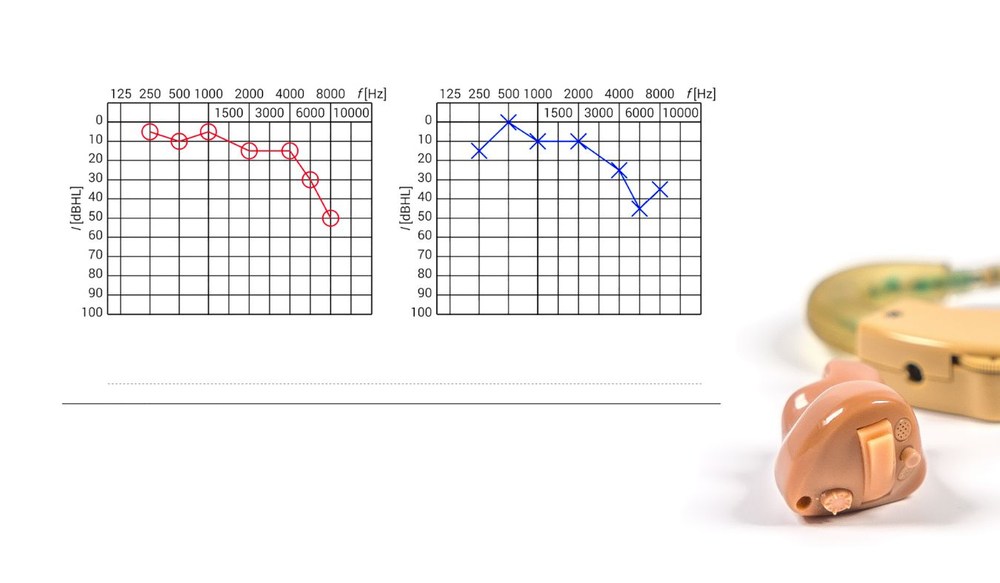How to Differentiate Between Types of Hearing Tests
Hearing tests might seem like a complex puzzle, filled with different


Hearing tests might seem like a complex puzzle, filled with different

Air travel can be a thrilling experience, but if you’re dealing with

The significance of your occupation in relation to your hearing health is